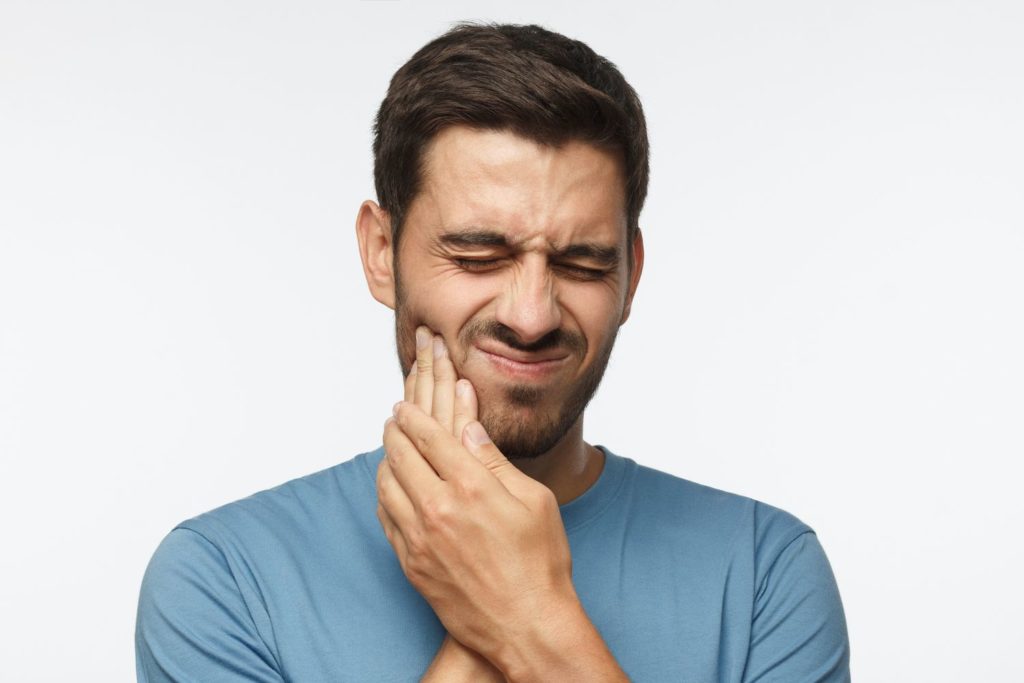If you have a damaged tooth that resists restorative dental treatments, your dentist may recommend a tooth extraction. In this procedure, your dentist removes a tooth during oral surgery.
As you heal from this procedure, a blood clot forms over the surgical site. This clot should not be disturbed or dislodged, or you may develop a painful condition called dry socket.
Dry socket can be excruciating and will require further intervention from a dentist to treat. Dr. Michael Courter, a dentist located in Midland, TX, provides tips for avoiding dry socket as you recover from a tooth extraction.

How Can I Prevent Dry Socket After a Tooth Extraction?
Practice a Gentle Oral Hygiene Routine
When you get a tooth removed through an extraction procedure, you should prepare for a few days of recovery time at home before returning fully to your usual activities. During this period, you should continue to practice good oral hygiene.
The extraction site should be kept clean to prevent infection. However, if you use harsh brushing techniques, you may disrupt the healing blood clots which could cause dry socket.
For this reason, you should be gentle and careful as you complete your oral hygiene routine. Pay attention to any aftercare guidelines that your dentist provides following your oral surgery.
Avoid Sucking Motions Through Your Mouth
The combination of airflow and muscle movement that occurs when you perform a sucking motion with your mouth could dislodge a blood clot over a healing tooth extraction site. Therefore, you should avoid using straws and similar activities as you recover from this procedure in order to prevent dry socket.
You should also stop smoking during this period because inhalation creates a similar risk. It may make it easier to abstain from this habit as you heal if you cut back on smoking prior to your tooth extraction.
Eat Soft-Textured Foods
When you return home after a tooth extraction procedure, your mouth may feel sore for the rest of that day, especially after the sedation wears off. You might feel more comfortable if you eat soft-textured foods while your mouth heals after this surgery.
Hard, sticky, and chewy foods could also pose a risk of harming your extraction site blood clots and causing dry socket, so these should be limited or avoided. Good food choices during this recovery period include mashed potatoes, apple sauce, and oatmeal.
Your mouth may feel less sore the day after your oral surgery, and you can slowly introduce more solid foods to your diet if this is the case. However, you should return to soft foods if you experience any pain.
Prepare for Your Tooth Extraction in Midland, TX
Dr. Courter performs tooth extraction procedures and other general dental treatments for patients in Midland, TX. Our practice also specializes in restorative and cosmetic dentistry, including periodontal care. To schedule a consultation with us, contact our staff online or reach our office by phone at 432.287.9531.
